In Mali, Dreams And Sadness For The Sahel Express
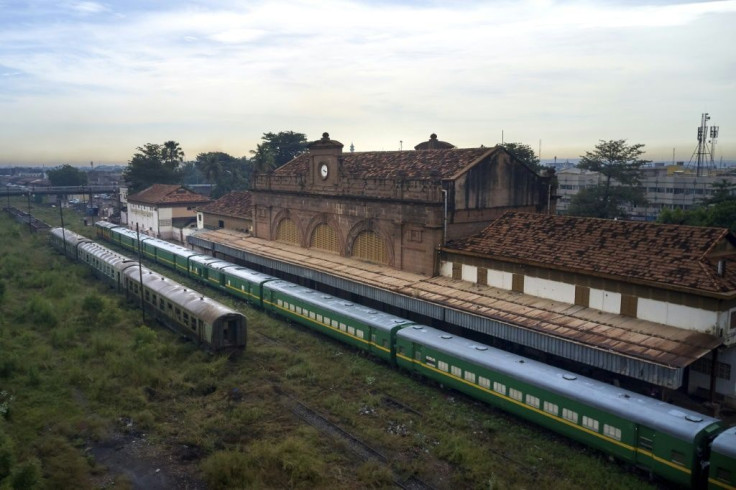
The sign above the station entrance declares that this is the Dakar-Niger Railway: the start of a trek from the arid Sahel to the tropical Atlantic, 1,300 kilometres (800 miles) away.
But for those hoping to buy a ticket for a legendary journey, disappointment awaits.
Not a single train has travelled on the line connecting the capitals of Mali and Senegal since May 17, 2018.
Today, knee-high weeds grow on the track at Bamako station.
The beloved green train carriages -- once Mali's lifeblood -- lie rusting and abandoned, their toilets taken over by beggars.
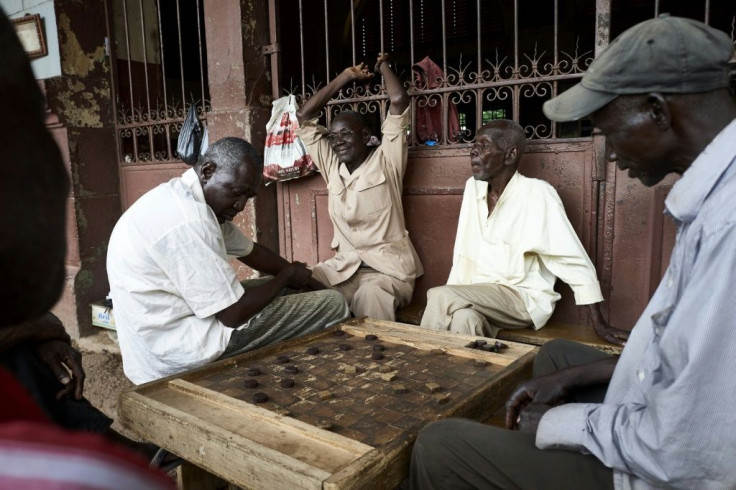
Nevertheless many of the railway's workers -- unpaid but still technically employed -- continue to show up at the station, a colonial-era bijou in ochre stone, complete with clock and signs for the ticket office.
There, they while away the hours playing cards, snoozing on a bench or chatting in the now deserted offices, where talk inevitably turns to the glory days.
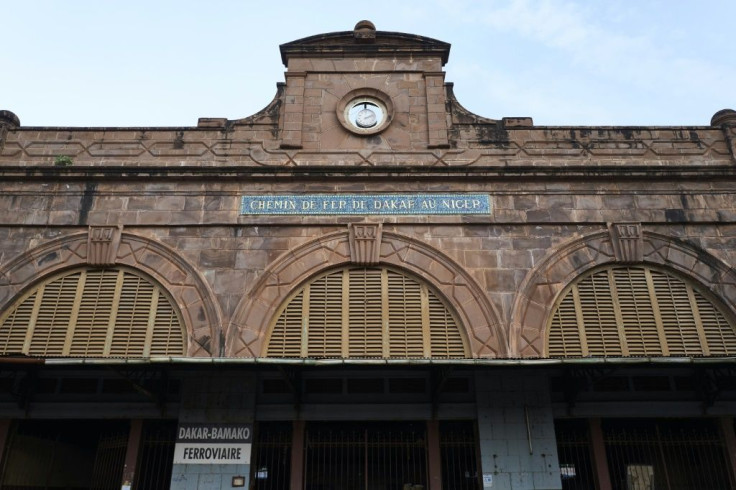
"It was non-stop partying," recalls driver Moussa Keita, who for 38 years would take the train on its long haul to the Mali-Senegal border, where drivers would change over.
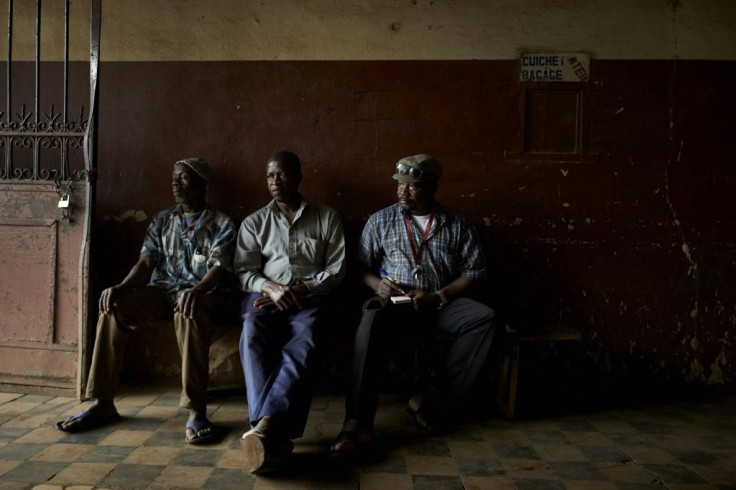
Every village along the track would fete the arrival of the train, which brought in fresh fish from the coast or a precious package from Europe, as well as freight, its mainstay.
The platforms would be swirling with colour and charged with emotions as families greeted loved ones or bade them farewell.
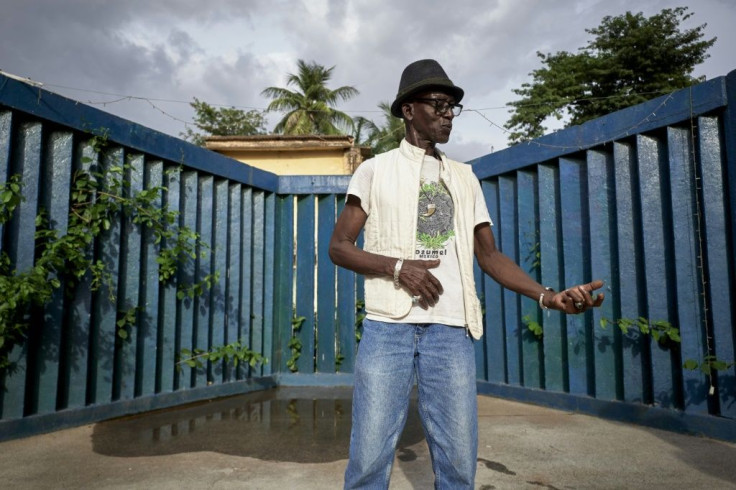
The Dakar-Bamako line was conceived in the late 19th century in the heyday of France's colonial era as a means to haul valuable commodities from the heart of its African possessions and link Mali -- then called French Sudan -- to the distant coast.
A quarter of a century went by as engineers and armies of colonial workers carved out the track from scorched terrain, before the line was inaugurated in 1924.
Its trains became a source of deep national pride.
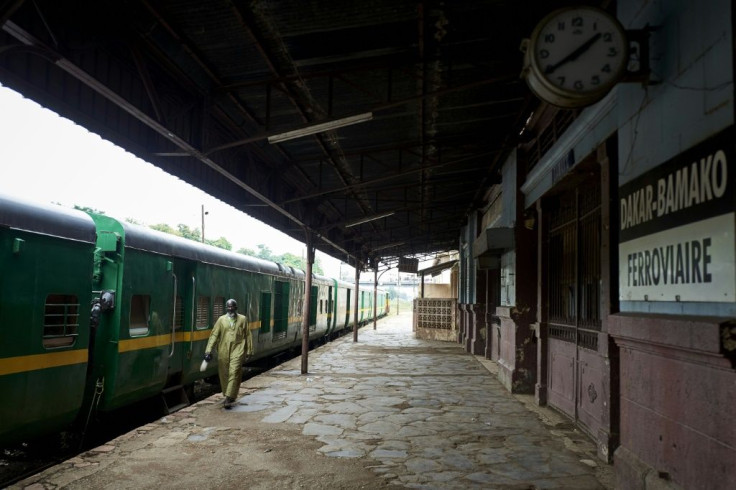
"You can't imagine how this station looked when the train arrived and the whistle blew," said Keita.
"We were stars, we had girlfriends in every station on the line."
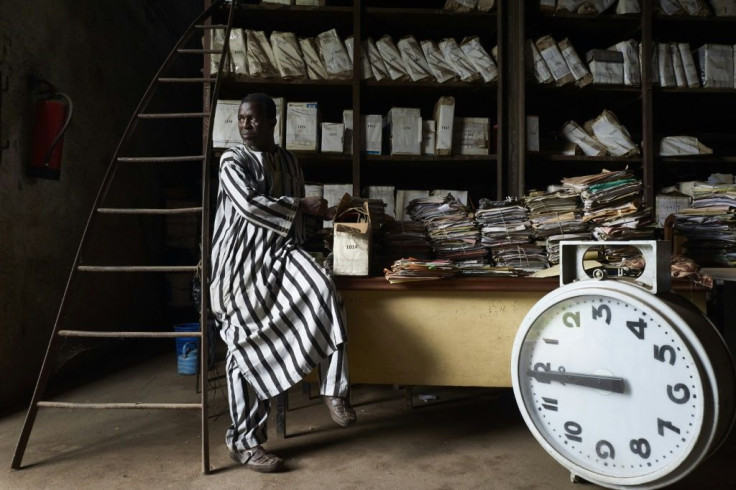
In 1970, the station cafeteria became the unlikely starting point of what grew into the legendary group, the Rail Band, formed by some of the cream of Mali's musicians.
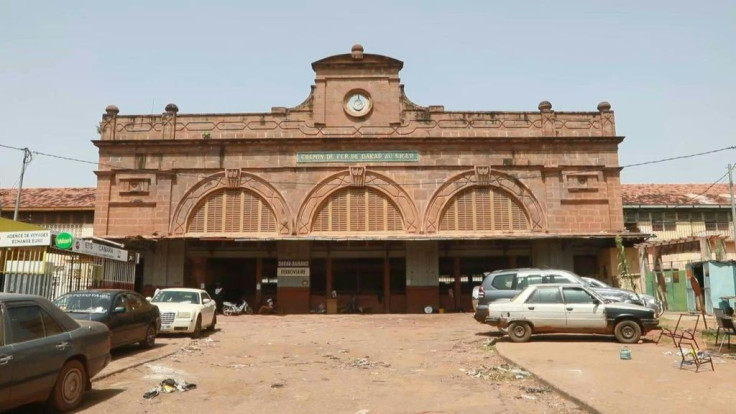
"It all began here!" recalls the group's drummer and co-founder, Mamadou Bakayoko, his eyes twinkling as he recalled the band's lineup and all-night parties that would draw "hundreds" of revellers.
"Over there, we had Salif Keita on the mic, here we had Tidjani Kone on sax and Mory Kante on balafon," a local xylophone, he said.
But that was a bygone era.
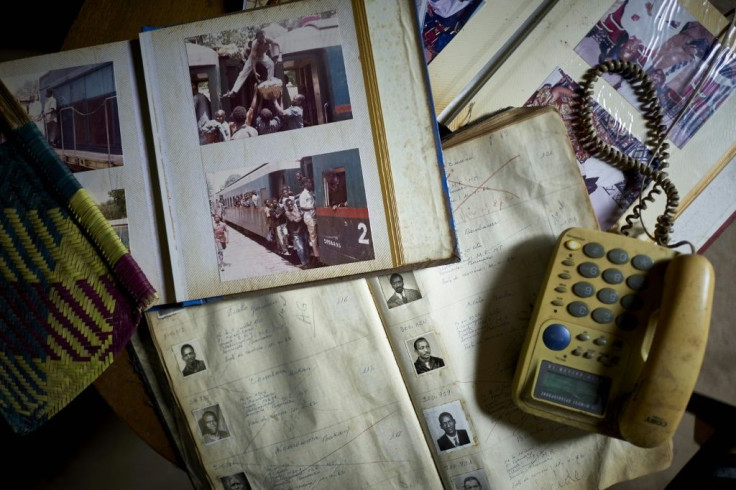
For about 10 years Mali has been battling a deadly conflict which began with a jihadist insurgency in the north, spreading to the centre and into neighbouring countries.
Bamako has seen a number of attacks but has largely escaped the wider conflict.
Like elsewhere however, the rail line has been overtaken by road transport, albeit blighted in Mali by frequent bus crashes.
So poor a state is the road between Bamako and the border that it has prompted huge protests in recent months.
As revenues bled away, Mali and Senegal no longer had the money to subsidise the cherished rail line.
In 2003, the railway was privatised. One after another, Canadian, US and French interests all chanced their arm.
That, too, failed, and in 2015 came the last roll of the dice -- dual state control.
But the stratospheric cost of renovating the line was too much.
"By the end, we had to have speed limits of 30 kilometres (18 miles) per hour -- before, the trains used to race along at 80 kph," said Mahamane Thienta, who worked as an inspector for 37 years.
The Dakar-Bamako Ferroviaire company still technically employs 428 workers, but none has been paid for 10 months.
In an old hangar, working without computer or light -- the electricity was cut off several years ago -- Moussa Traore is deep in piles of dusty boxes.
He is the railway's official archivist, taking care of 14 tonnes of photos and documents.
"A lot of the managers don't understand why I keep these documents," Traore, clad in traditional robes, said, as he showed off old photo albums dating from 1956.
"This railway is the nation's memory -- in its operations, its economic value, its history and culture. We must not forget it."
The problems of the Bamako-Dakar line mirror those of other great lines in West Africa, from Benin to Burkina Faso and Ivory Coast.
A renovation plan is being discussed for it, with the World Bank as one of the partners.
And last year, Senegal and Mali each promised 10 billion CFA francs ($17 million, 15 million euros) to get operations going again.
Hopes have risen, but only up to a point.
"If the money is stumped up, then we can start believing," said Keita.
"We have to hear that train whistle once more!"
© Copyright AFP {{Year}}. All rights reserved.





















